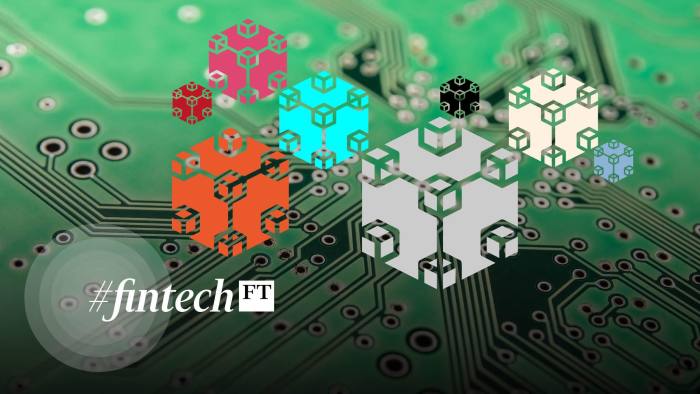South Korea crypto exchange plans eco-friendly NFTs for K-pop fans

The head of South Korea’s biggest cryptocurrency exchange has promised that its NFTs featuring K-pop stars BTS will be “eco-friendly”, after a backlash from environmentally conscious young fans.
Upbit launched its crypto art marketplace in November and plans to release a range of non-fungible tokens featuring members of BTS in a joint venture with the boy band’s management company Hybe.
But members of the band’s powerful young fan base have criticised NFTs and the crypto industry in general over the energy consumption involved in mining and tracking ownership of the tokens.
Sirgoo Lee, chief executive of Upbit’s operator Dunamu, told the Financial Times in an interview that the joint venture with Hybe would use “low carbon, eco-friendly” technology to mint the NFTs.
Lee said that Upbit’s NFT marketplace used blockchain technology developed by another Dunamu subsidiary, Lambda256, that claims to use 99.99 per cent less energy on its Luniverse platform than leading blockchain-based platforms such as ethereum.
“We will try to explain to the fans that this is not environmentally harmful,” said Lee.
The first token to be purchased on the platform, an image of a painting of a girl holding a cat, by artist Jang Koal called “Mirage Cat 3”, was sold in November for about $173,000-worth of bitcoin.
Luniverse claims that the energy consumed for its entire blockchain network including NFTs is estimated to be “around 842.53 kWh a year”, an amount roughly equivalent to the monthly electricity consumption of a US residential utility consumer.
South Korea has one of the world’s biggest digital currency markets. The Korean won is the third most widely used currency for bitcoin trading after the dollar and yen, accounting for 3.4 per cent of global trading, according to data from Coinhills, an industry tracker.
Lee also said that there was a need for global action to address issues such as money laundering and cyber theft.
In 2019, cyber criminals hacked into the Upbit exchange, stealing roughly $49m-worth of the ethereum cryptocurrency.
“One of my nightmares is being hacked and losing all [the investors’] money. It’s a huge responsibility and it keeps you up at night,” said Lee.
“I’m not worried about going to jail, I’m more worried about being stabbed to death by our investors.”
Many young South Koreans are enthusiastic buyers of digital assets, motivated in part by high youth unemployment and surging housing prices, according to experts.
The crypto frenzy has led to a premium in the price of bitcoin in South Korea compared with other countries. Bitcoin is currently trading at a 2-3 per cent premium compared with in the US, narrowing a gap that reached 20 per cent last year.
Lee deflected criticism that indebted young Koreans attracted to NFTs and large gains from crypto trading are being exposed to excessive financial risk, arguing that their understanding of the asset class is underestimated.
“In the west, young people grew up playing consoles after school, whereas in Korea these young folks go online to play games, they are used to collecting and buying digital items,” said Lee. “These young guys understand that there’s this value in digital assets.”
Weekly newsletter

For the latest news and views on fintech from the FT’s network of correspondents around the world, sign up to our weekly newsletter #fintechFT


